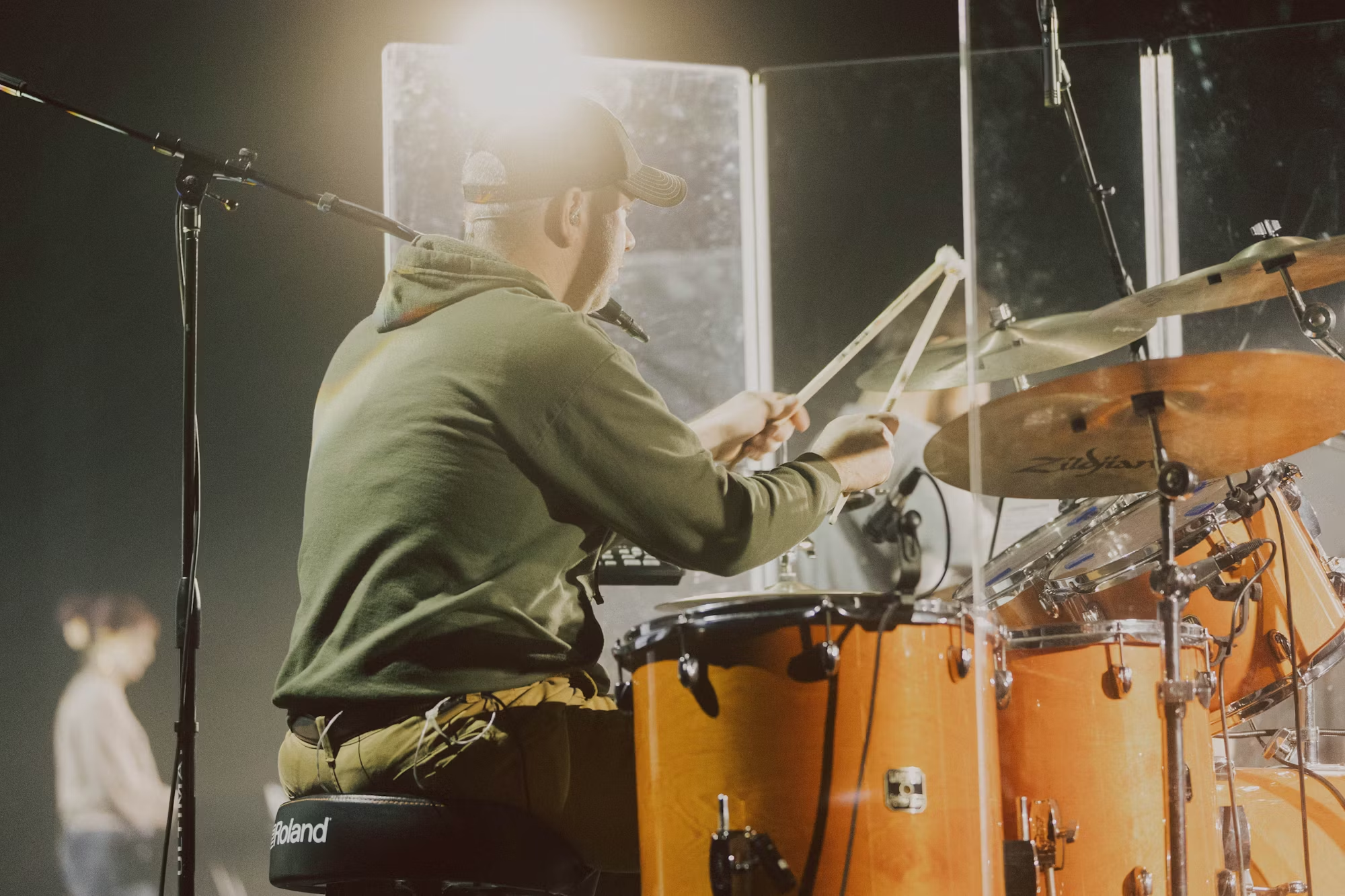Music is a universal language that transcends geographical and cultural boundaries, resonating deeply within the human experience. From the rhythmic beats of African drumming to the intricate melodies of classical compositions, music serves as a mirror to our societies, reflecting our values, struggles, and aspirations. This article explores how different genres of music shape our collective identity, influence cultural narratives, and foster community connections.
The Essence of Music in Culture
Music has always been a fundamental aspect of human life, playing a vital role in rituals, celebrations, and communal gatherings. Each culture brings its unique sounds and traditions, creating a rich tapestry of musical expressions that tell the stories of people’s lives. For instance, folk music often serves as a vehicle for storytelling, preserving the history and values of communities through generations. Artists like Woody Guthrie and Joan Baez have used folk music to address social issues, reminding us that music can inspire change and resonate with the collective conscience.
The rhythmic and melodic elements of music vary greatly across cultures, influenced by local instruments, languages, and traditions. For example, African music often emphasizes polyrhythms and call-and-response patterns, fostering a sense of community and participation. Similarly, Latin music, with its vibrant salsa and bachata beats, celebrates life and love, inviting listeners to dance and connect. These genres not only entertain but also serve as a means of cultural expression and identity.
The Impact of Classical Music
Classical music, with its complex compositions and emotional depth, holds a significant place in the musical landscape. Composers like Johann Sebastian Bach, Ludwig van Beethoven, and Pyotr Ilyich Tchaikovsky have created works that resonate on both personal and cultural levels. The beauty of classical music lies in its ability to convey profound emotions, often reflecting the societal context in which it was created.
For instance, Beethoven’s symphonies not only showcase his genius but also encapsulate the spirit of the Romantic era, emphasizing individuality and emotional expression. His work has inspired countless musicians and listeners, fostering a sense of appreciation for the artistic and cultural heritage of classical music. Concerts and orchestral performances continue to be a popular cultural activity, allowing audiences to engage with this timeless art form.
The Evolution of Popular Music
The 20th century marked a significant shift in the music landscape with the emergence of popular music genres. Rock and roll, jazz, blues, and hip hop have all made indelible marks on the cultural fabric of society. Rock and roll, pioneered by artists like Elvis Presley and Chuck Berry, represented a break from tradition, reflecting the desires and frustrations of a generation. The genre’s rebellious spirit resonated deeply, fostering a sense of identity among youth and influencing social change.
Jazz, which originated in African American communities, is another genre that exemplifies the power of music to unite and inspire. With its improvisational style and rich cultural roots, jazz has become a symbol of creativity and freedom. Legendary figures like Louis Armstrong and Miles Davis pushed the boundaries of musical expression, paving the way for future generations of musicians. The cultural significance of jazz extends beyond its musicality; it serves as a historical marker of the African American experience and a testament to the resilience of communities.
Hip Hop: A Voice for the Marginalized
Hip hop has emerged as a powerful cultural movement, providing a voice for marginalized communities and addressing social issues. Originating in the Bronx in the 1970s, hip hop combines various elements, including rapping, DJing, and breakdancing. Artists like Tupac Shakur and Notorious B.I.G. became cultural icons, using their music to explore themes of identity, inequality, and resilience. Their lyrics resonate with listeners, addressing the complexities of life and the struggles faced by marginalized groups.
The genre has continued to evolve, with contemporary artists like Kendrick Lamar and Cardi B expanding its reach and influence. Kendrick’s work, particularly his album “To Pimp a Butterfly,” delves into the African American experience, exploring themes of race, identity, and social justice. Similarly, Cardi B’s unapologetic expression of femininity and empowerment has made her a role model for many. Hip hop serves as a platform for dialogue and social change, uniting listeners through shared experiences and aspirations.
The Rise of Electronic Music
In recent years, electronic music has transformed the musical landscape, creating new genres and subcultures. With its origins in the late 20th century, electronic music encompasses a wide range of styles, from house and techno to dubstep and trance. Artists like Daft Punk and Calvin Harris have popularized electronic sounds, blending various genres and pushing creative boundaries.
The rise of electronic music has also led to the emergence of vibrant festival culture, where fans gather to celebrate music, art, and community. Festivals like Coachella and Tomorrowland have become cultural phenomena, showcasing diverse lineups and fostering a sense of belonging among attendees. This communal experience highlights the unifying power of music, creating connections that transcend cultural and geographic barriers.
Globalization and Music
As the world becomes increasingly interconnected, the impact of globalization on music is profound. Genres from different cultures are influencing one another, leading to exciting fusions and new styles. Latin music, for instance, has gained global popularity, with artists like Shakira and Daddy Yankee bringing reggaeton and salsa to mainstream audiences. Their success illustrates the power of music to transcend borders and create a shared cultural experience.
Similarly, the rise of K-pop has taken the world by storm, with groups like BTS and BLACKPINK achieving unprecedented international success. Their meticulously crafted music and visuals resonate with fans across the globe, showcasing the ability of music to connect diverse cultures. K-pop’s fusion of various genres, coupled with its engaging performances, highlights the dynamic nature of contemporary music and its capacity for cultural exchange.
The Future of Music and Identity
As we look to the future, it is clear that music will continue to play a crucial role in shaping personal and collective identities. Technological advancements have democratized music creation and distribution, allowing aspiring artists to share their work with global audiences. This accessibility fosters a more inclusive musical landscape, encouraging innovation and collaboration across genres.
Streaming platforms and social media have revolutionized how we consume music, enabling listeners to explore diverse sounds and connect with artists in real time. The rise of platforms like TikTok has led to viral trends that redefine musical genres, showcasing the ever-evolving nature of music and its ability to reflect contemporary culture.
Conclusion: Music as a Reflection of Humanity
In conclusion, music is a powerful reflection of humanity, shaping our identities and influencing our experiences. From the melodies of classical compositions to the vibrant beats of contemporary genres, music captures the essence of our shared existence. It serves as a means of expression, a tool for social change, and a celebration of cultural diversity.
As we continue to navigate the complexities of life, music will remain a vital force that connects us, inspires us, and drives us toward a more inclusive and empathetic world. Whether through the exploration of new genres or the revival of traditional sounds, music will always be the soundtrack of our lives, reminding us of the beauty and richness of the human experience.





